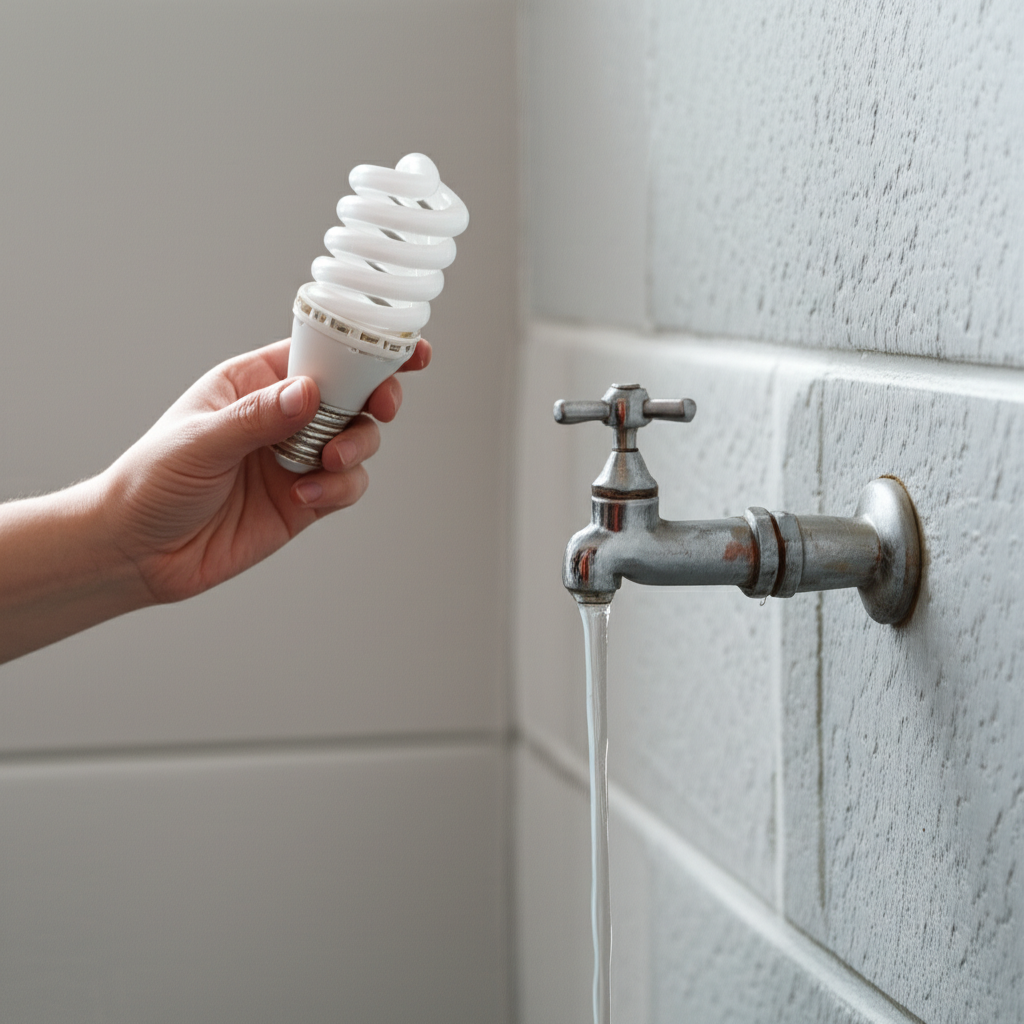
We all love (or at least should love): saving money. And specifically, saving money with regular home maintenance. It might not sound glamorous, but trust me, preventing small problems from becoming huge, expensive disasters is a game-changer. Think of it as preventative medicine for your house – a little TLC now saves a lot of heartache (and cash) later.
The Sweet Benefits of Preventative Home Maintenance
Why bother with regular maintenance? Because neglecting your home is like neglecting your health; small issues ignored today become major problems tomorrow. Here’s the lowdown on why saving money with regular home maintenance is a smart move:
Preventing Costly Repairs
This is the big one. A tiny leak in your roof, ignored for months, can lead to extensive water damage, requiring thousands of dollars in repairs. Similarly, a clogged gutter can lead to foundation problems, costing you a fortune. Regular inspections and small fixes prevent these catastrophes.
Extending the Lifespan of Your Appliances and Systems
Just like your car needs regular servicing, so do your home’s appliances and systems. Regular maintenance on your HVAC system, for example, ensures it runs efficiently, saving you money on energy bills and extending its lifespan. The same goes for your water heater, refrigerator, and other major appliances.
Increased Home Value
A well-maintained home is a valuable home. When it comes time to sell, potential buyers will appreciate the effort you’ve put into keeping your property in top shape. This can translate to a higher selling price and a faster sale.
Peace of Mind
Knowing your home is in good condition provides invaluable peace of mind. You won’t be constantly worrying about potential disasters lurking around the corner. That alone is worth the effort!
How to Make Home Maintenance Your New Best Friend (and Your Wallet’s, Too!)
Saving money with regular home maintenance isn’t rocket science, but it does require a little planning and consistency. Here’s how to get started:
Create a Home Maintenance Checklist
The first step is creating a personalized checklist tailored to your home. This checklist should include regular tasks like:
- Monthly: Checking for leaks, inspecting appliances, cleaning gutters, testing smoke detectors and carbon monoxide detectors.
- Quarterly: Cleaning out dryer vents, checking for pest infestations, inspecting the roof for damage.
- Annually: Professional HVAC inspection and cleaning, water heater flush, chimney inspection, gutter cleaning (depending on your climate), and more.
- Every Few Years: Major appliance servicing (refrigerator, dishwasher, etc.), roof inspection, foundation inspection.
You can find numerous free templates online, or simply create your own spreadsheet or use a handy app.
Prioritize Tasks
Don’t feel overwhelmed by the sheer number of tasks. Start with the most important items, like checking for leaks and ensuring your smoke detectors are working. Gradually incorporate other tasks into your routine.
Learn Basic DIY Repairs
Learning some basic DIY skills can save you a significant amount of money on smaller repairs. There are tons of resources available online, from YouTube tutorials to how-to guides. Simple tasks like fixing a leaky faucet or unclogging a drain can be easily tackled with a little research.
Schedule Professional Inspections
While DIY is great for small tasks, some things are best left to the professionals. Regular inspections by qualified professionals for your HVAC system, plumbing, and electrical systems are crucial for preventing major problems and ensuring your safety.
Keep Records
Keeping accurate records of your maintenance tasks and expenses can be invaluable. This documentation is helpful for insurance claims, tax deductions (in some cases), and tracking your home’s overall condition.
Tips and Tricks for Maximum Savings
Here are a few extra tips to help you maximize your savings with regular home maintenance:
- Be proactive, not reactive: Address small issues as soon as you notice them. Ignoring problems only makes them worse and more expensive to fix.
- Use preventative measures: Regular cleaning, sealing, and caulking can prevent water damage and pest infestations.
- Compare prices for services: Get multiple quotes from different contractors before hiring anyone for major repairs or inspections.
- Invest in energy-efficient appliances and upgrades: These can significantly reduce your energy bills over time.
- Take advantage of manufacturer warranties: Many appliances come with warranties that cover repairs or replacements.
Frequently Asked Questions (FAQ)
Q: How often should I clean my gutters?
A: This depends on your climate and the amount of foliage around your house. In areas with lots of trees, you may need to clean your gutters every few months. In other areas, twice a year might suffice.
Q: How much should I budget for home maintenance?
A: A general guideline is to budget 1-3% of your home’s value annually for maintenance and repairs. However, this can vary depending on the age and condition of your home.
Q: What if I can’t afford regular maintenance?
A: Start small. Focus on the most crucial tasks first, such as checking for leaks and ensuring your smoke detectors are working. Gradually incorporate other tasks as your budget allows. Prioritize preventative maintenance to avoid more costly repairs down the line.
Q: Is it worth paying for a home inspection before buying a house?
A: Absolutely! A home inspection can uncover hidden problems that could cost you thousands of dollars down the line. It’s a worthwhile investment to protect yourself.
Conclusion: Invest in Your Home, Invest in Your Future
Saving money with regular home maintenance isn’t just about saving a few bucks here and there; it’s about protecting your investment and ensuring your family’s safety and comfort. By establishing a proactive maintenance plan, you’ll be safeguarding your home, extending its lifespan, and ultimately, saving yourself a substantial amount of money in the long run. So, grab that checklist, roll up your sleeves, and get started! Your wallet (and your peace of mind) will thank you for it. Start small, stay consistent, and enjoy the benefits of a well-maintained home!